The Heart Behind Humaneering: Dallas Jackson's Path to People-Centric Leadership
In the rapidly evolving world of technology, it's easy to get caught up in the complexities of code, algorithms, and systems. As someone who began their career on the coding side of the house, I was deeply immersed in the realm of technology, constantly striving to optimize processes and drive efficiency. However, it wasn't until I encountered a pivotal moment in my career that I realized the true essence of organizational success lies not just in technology, but in the human aspects of work.
My journey towards understanding the importance of what is now known as Humaneering began in 2010, during my time at Whole Foods Market, where I had the privilege of working under a remarkable manager. From the outset, he demonstrated an unparalleled level of empathy, taking the time to listen to my ideas, concerns, and aspirations. His genuine care and understanding created a supportive environment where I felt valued and empowered to contribute my best. When I faced challenges, rather than chastising me, he provided support and encouraged me to learn and grow.
During a crucial server upgrade, I volunteered to conduct post production release verification to ensure everything ran smoothly post-update. However, life threw a curveball my way when my son fell sick, requiring my undivided attention. Exhausted from caring for him, I unintentionally drifted into sleep in his room, completely missing the designated testing window.
Several hours later, I woke up abruptly, realizing my oversight. With a sense of urgency, I immediately conducted the testing and, thankfully, everything appeared to be in order. However, when my manager inquired about the testing process, I hesitated, not wanting to draw attention to my mistake. With a heavy heart, I muttered that everything went "fine."
But my manager, astute as ever, sensed that something wasn't quite right. He gently pointed out that the testing had been delayed by a few hours. Caught off guard, I swallowed my pride and apologized, assuring him that such an oversight would never happen again.
To my surprise, instead of reprimanding me, my manager offered a perspective that would forever change my outlook on work and life. "Of course, it will happen again," he said matter-of-factly, "because we are all human."
Recognizing my vulnerability, he sent me to an internal training session focused on the importance of transparency, vulnerability, and honoring our feelings in the workplace. It was a transformative experience, teaching me the value of owning up to my mistakes, embracing vulnerability, and fostering a culture of honesty and understanding.
From that day forward, I approached my work with a newfound sense of humility and openness. I realized that mistakes are inevitable, but it's how we respond to them that truly defines our character. And thanks to my manager's wisdom and compassion, I learned to navigate challenges with grace and resilience, making me not only a better employee but also a better person.
It was through this experience that I came to understand the profound impact of empathy in the workplace. When people feel heard and valued, they are more engaged, motivated, and committed to achieving shared goals. Inspired by my manager's example, I became determined to cultivate similar environments wherever I went, realizing that the key to unlocking human potential lies in creating spaces where empathy thrives.
As I delved deeper into the dynamics of organizational behavior and leadership, I began to uncover the biggest blockers in organizations: humanity. Despite advancements in technology and processes, issues such as communication breakdowns, lack of trust, and disengagement continued to hinder productivity and innovation. It became increasingly evident that to drive meaningful change, we must address these human factors head-on. It was astounding to me that our biggest blocker was really the biggest asset we have as organizations: our people.
Thus, my journey towards Humaneering began – a journey centered on maximizing the actualization and achievement of individuals within organizations. Drawing from my background in technology and business analysis, I sought to integrate insights from diverse disciplines, including psychology, sociology, and philosophy, to develop holistic solutions to complex organizational challenges.
At its core, Humaneering is about putting people first – recognizing the intrinsic value and dignity of every individual and empowering them to thrive in their roles. It's about fostering environments where empathy, trust, and collaboration flourish, enabling teams to unleash their full potential and drive sustainable success.
Today, as I reflect on my path, I am reminded of the transformative power of empathy and human connection. By embracing the principles of Humaneering, we have the opportunity to create workplaces where people feel valued, heard, and inspired to be their best selves. And when people feel heard, they have the capacity to achieve extraordinary things – not just for themselves, but for their teams, organizations, and society as a whole.
